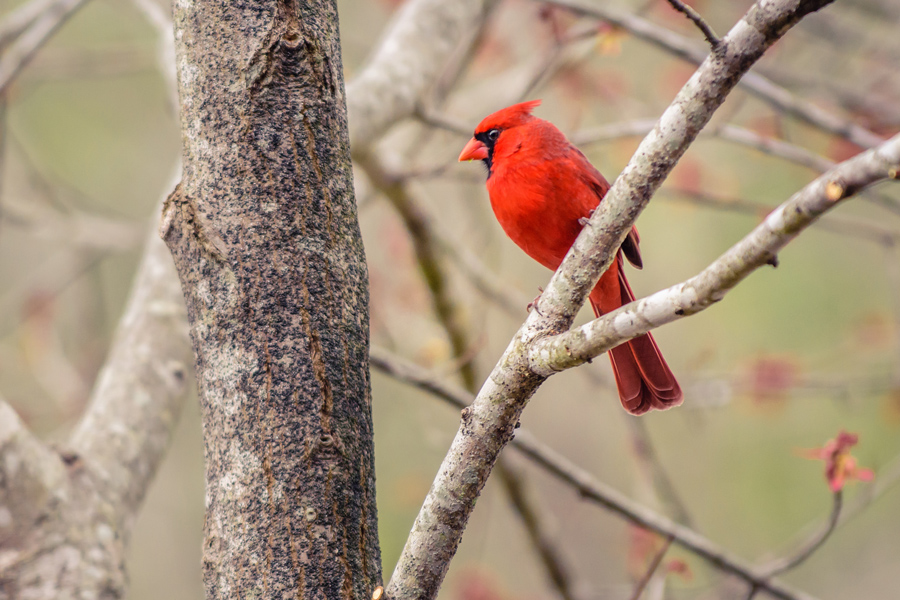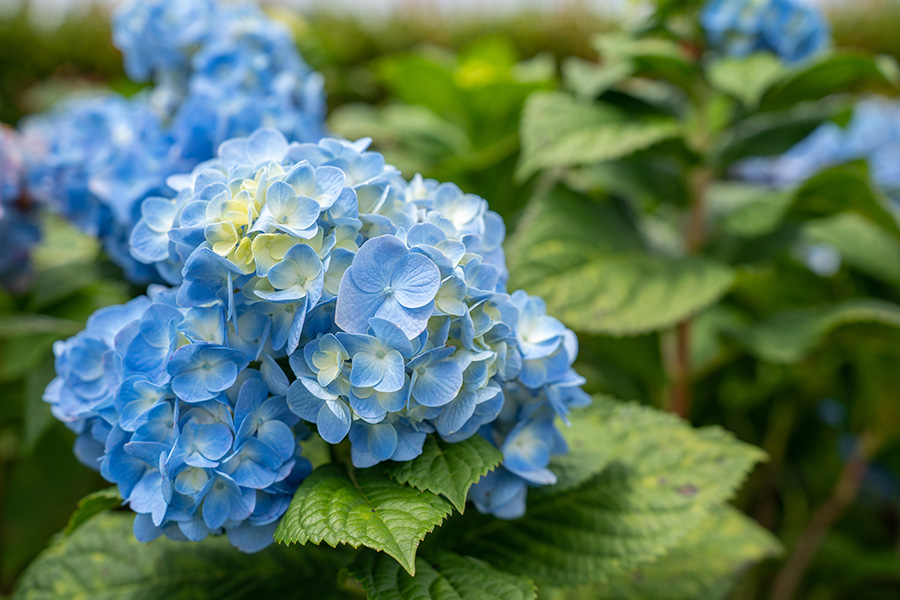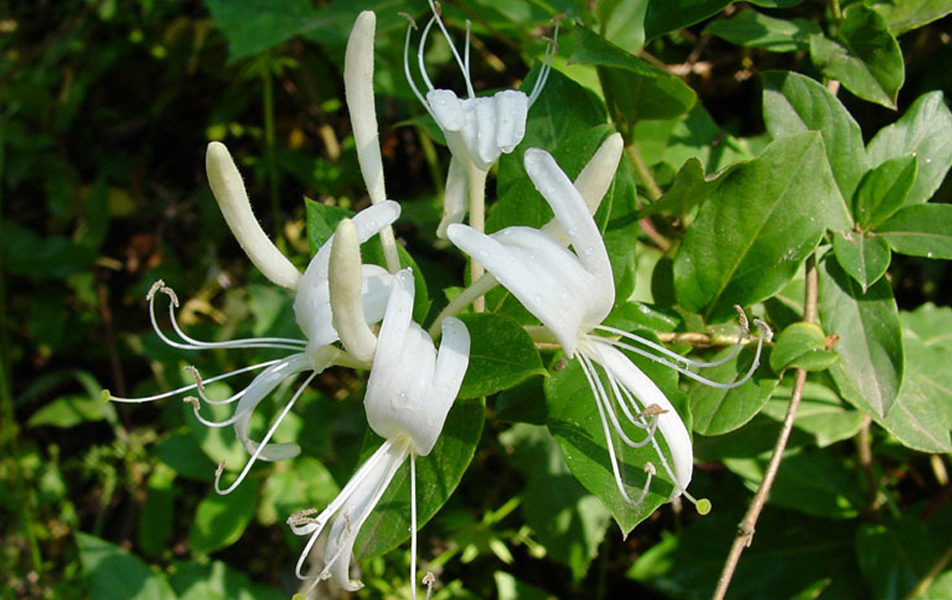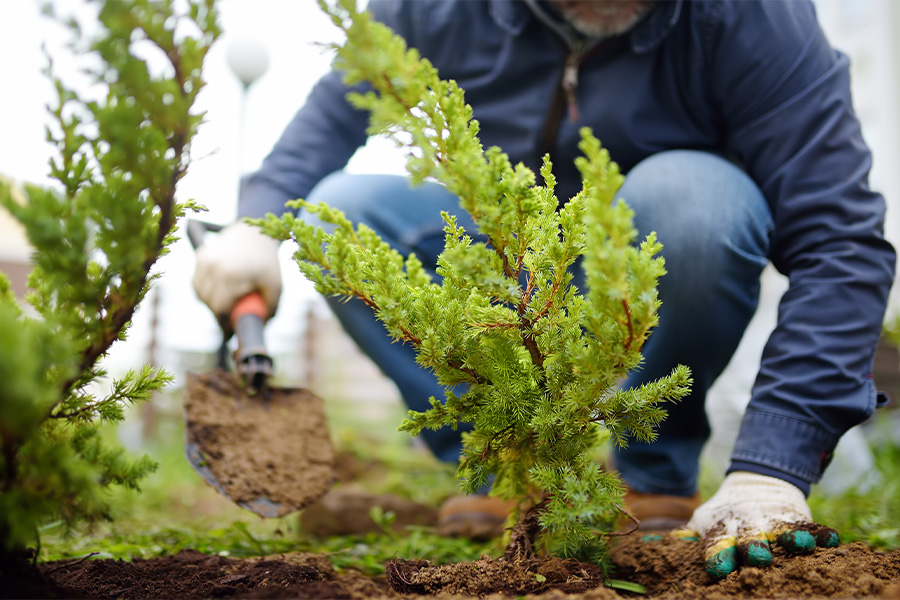Horticulture
-

Southern magnolia is an aristocratic tree. It grows well throughout Georgia, is widely adaptable to a variety of soils and has few pest problems. With glossy evergreen foliage and large white fragrant blossoms, it truly is one of the most handsome and durable native trees for our Southern landscapes.
Sheri Dorn
|
-

Butterfly populations can be greatly enhanced by devoting a portion of the landscape to butterfly habitat. In addition to their natural beauty, butterflies serve as valuable plant pollinators.
Bob Westerfield and Melvin P. Garber
|
-

To attract and maintain a bird population, a habitat should provide (1) food, (2) shelter/nesting areas and (3) water. This publication describes several ways to attract birds to your backyard.
Bob Westerfield and Melvin P. Garber
|
-

Citizens throughout Georgia are recycling newspaper, cans, glass and plastic in an effort to divert these materials from the waste stream. Another important part of waste reduction involves recycling leaves, lawn clippings, and tree and shrub trimmings instead of placing them curbside for the county or municipality to pick up. These landscape riches from Mother Nature can be easily recycled and turned into nutrient-rich organic matter right in your backyard through a process called composting.
Bodie V. Pennisi
|
-

Bigleaf hydrangea, also called French, Japanese, or snowball hydrangea, is a landscape plant. Bigleaf hydrangea can be transplanted to the landscape for repeat blooms each year.
Sheri Dorn
|
-

With proper planning, planting and maintenance, a healthier landscape can be created with less expense, less work and less damage to the world around us.
Bob Westerfield and Daryl Pulis
|
-

All vegetables, especially tomatoes, like an even supply of water throughout the growing season, and will often develop problems if their water supply fluctuates. If watering restrictions or bans are imposed, water conservation becomes a critical issue.
Bob Westerfield
|
-

While most of us are familiar with common poisonous plants that cause dermatitis (skin irritations) such as poison ivy or poison oak, we fail to recognize common ornamental plants in the landscape that may cause internal poisoning when ingested. Although most adults would not intentionally eat the leaves or fruit of ornamental plants in the landscape, young children or pets sometimes do. This resource provides readers with information on some of the common landscape plants known to have poisonous properties when ingested. You may be surprised to learn just how many of our common plants, such as azaleas, hydrangeas, boxwood, and English ivy, are known to have poisonous properties.
Bob Westerfield
|
-

C 956
Junipers
This resource provides information about variety selection, characteristics, required care, and disease and pest control for juniper plants.
Bob Westerfield
|